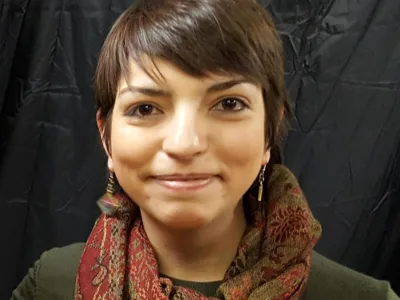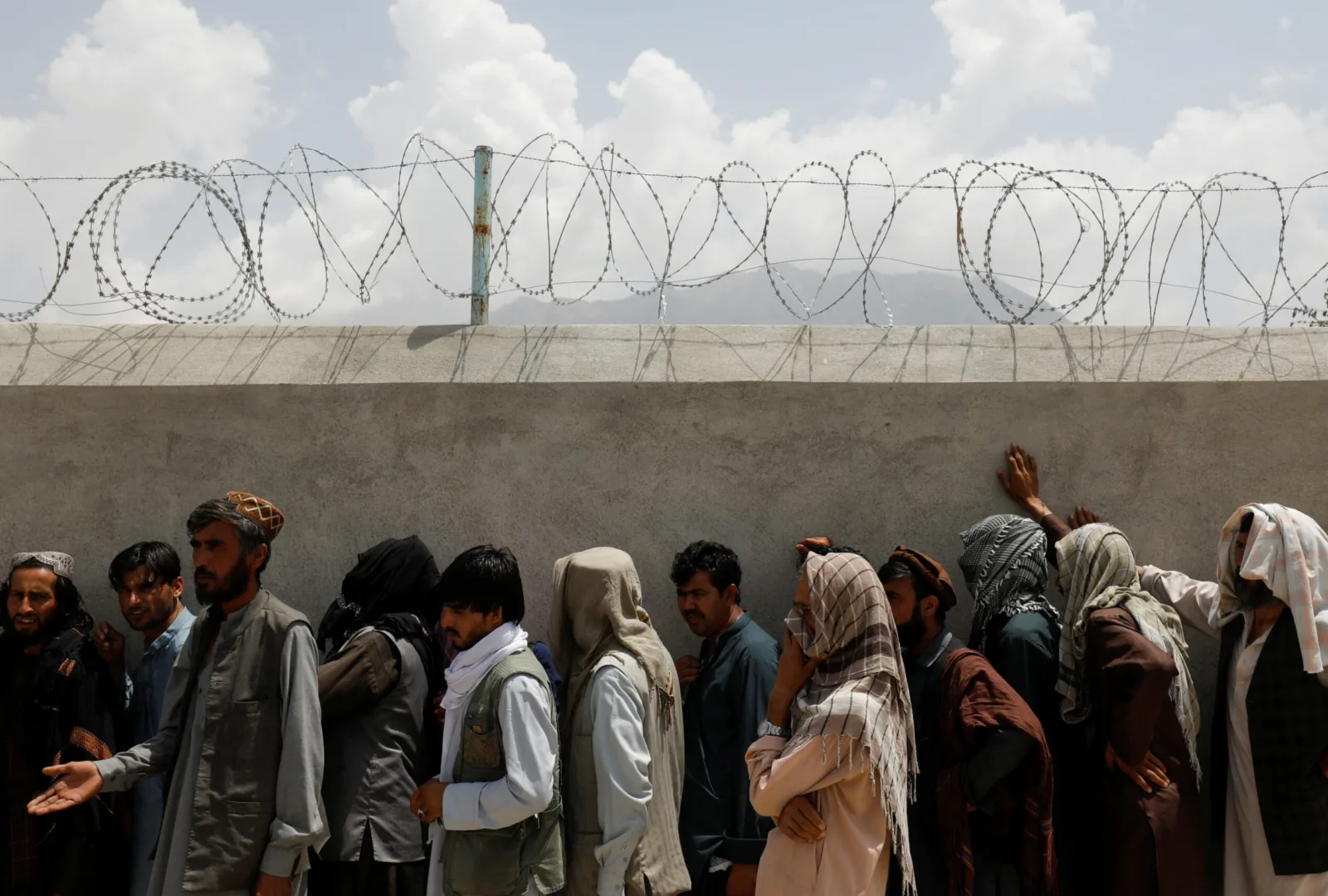Strategic Patience: Sustainable Engagement with a Changed Afghanistan
A year has passed since the withdrawal of U.S. troops and Taliban takeover of Afghanistan. The United States remains the single largest humanitarian donor to the people of Afghanistan, with over $774 million USD distributed since the Taliban takeover, but the United States maintains no diplomatic presence in the country — nor does it send official diplomatic envoys. Nor have U.S. sanctions altered the Taliban’s calculus on human rights or ties with al-Qaeda. The Taliban has proved intransigent and unrealistic in its relations not only with Washington but also with neighboring countries like Pakistan. How can the United States retain what little leverage it has over the Taliban without punishing the Afghan people? Are these two goals in conflict? If sanctions are not altering Taliban behavior, then what purpose do they serve? How can aid be effectively delivered to the Afghans going forward? Are there lessons from the past that can inform development and aid provision in a post-Taliban Afghanistan? Join us for a panel that explores how the United States and its partners can develop an Afghanistan policy that is sustainable in the face of Taliban intransigence, especially regarding counterterrorism and human rights, and ready to capitalize on fleeting moments of Taliban pragmatism. The conversation will feature Graeme Smith, senior consultant for the International Crisis Group, Haroun Rahimi, assistant professor of law at the American University of Afghanistan and visiting professor at Università Bocconi, Tara Moayed who is a social development consultant who worked and lived in Afghanistan from 2014 to 2019 where she helped develop women’s economic empowerment programs and advised the Ministry of Finance, and Jordan Kane is senior analyst in the Special Inspector General for Afghanistan Reconstruction (SIGAR). QI research fellow Adam Weinstein will moderate.
Program
Panelists

Graeme Smith
Graeme Smith is a senior consultant for the International Crisis Group. He has nine years of on-the-ground experience in Afghanistan since 2005. From 2015 to 2018, he served as a Political Affairs Officer for the UN Assistance Mission in Afghanistan, with responsibility for domestic politics. He previously worked as the International Crisis Group country director in Afghanistan from 2012 to 2015. His career as a journalist included more than a decade as a staff reporter for The Globe and Mail, which posted him in Moscow, Kandahar, Delhi and Istanbul. He taught politics at the U.S. Naval Postgraduate School in Monterey, California.

Haroun Rahimi
Haroun Rahimi is an assistant professor of law at the American University of Afghanistan. He is also a visiting professor at Università Bocconi and former visiting research fellow at the Oxford Center for Islamic Studies. His research interests are law and development, institutional reform, and Islam and politics.

Tara Moayed
Tara Moayed is a social development consultant focusing on state and institution-building policies. She has worked across four continents, helping develop systems that enable transparent and effective delivery of services through better citizen engagement and inclusion of the poor and vulnerable. Tara worked and lived in Afghanistan from 2014 to 2019. She was an adviser in the Ministry of Finance, where she helped develop national programs for women’s economic empowerment, community development, and subnational governance.

Jordan Kane
Jordan Kane is senior analyst in the Special Inspector General for Afghanistan Reconstruction’s (SIGAR’s) Lessons Learned Program. She is a conflict and governance advisor with extensive field experience in four conflict/post-conflict environments: Afghanistan, Rwanda, South Sudan, and Yemen. She specializes in governance, stabilization, and monitoring and evaluation. She was a part of the SIGAR team whose What We Need to Learn report was featured on Last Week Tonight with John Oliver and Fareed Zakaria GPS, as well as the team whose Stabilization report was covered by Washington Post, and many others.

Adam Weinstein (Moderator)
Adam Weinstein is a Research Fellow at the Quincy Institute. He previously worked for KPMG’s international trade practice. Adam’s current research focuses on security, trade, and rule of law in Afghanistan and Pakistan. He is a member of the American Pakistan Foundation’s Leadership Council, and previously worked as senior law and policy analyst at the National Iranian American Council where he focused on the securitization of U.S. immigration policy and its effect on immigrant communities. He received a JD from Temple University Beasley School of Law with a concentration in international law and transitional justice. Adam served as a U.S. Marine and deployed to Uruzgan Province Afghanistan in 2012.
